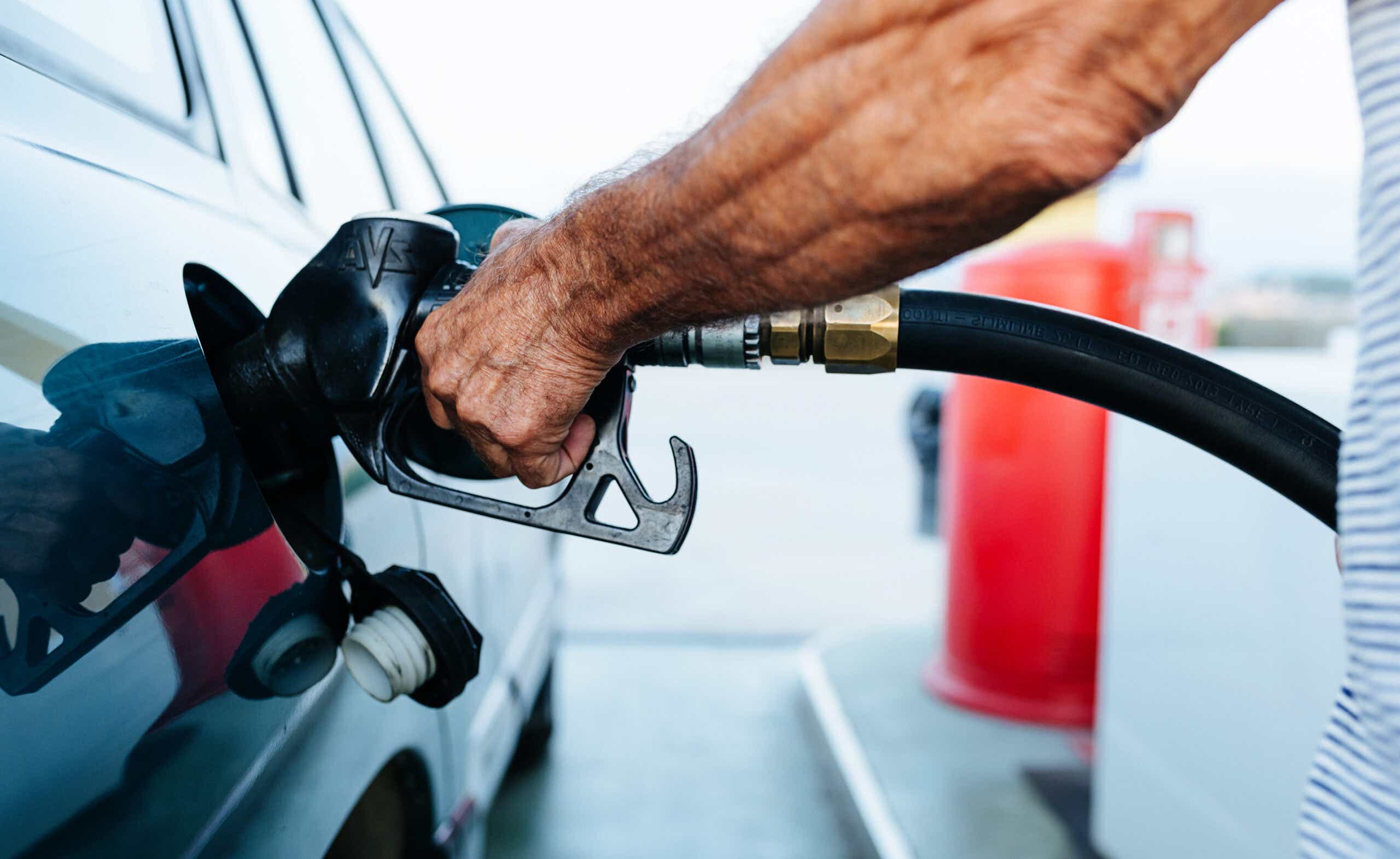Vehicles that run on gasoline are one of the main contributors to the climate crisis.
In a historic move, California regulators have voted to ban the sale of gas-powered cars by 2035, and set periodic targets to phase out their use between now and then.
Vehicles that run on gasoline are one of the main contributors to the climate crisis, and the decision by such a major economy represents a significant shift in thinking — one other states may echo in the coming years.
“This is monumental,” California Air Resources Board member Daniel Sperling told CNN. “This is the most important thing that CARB has done in the last 30 years. It’s important not just for California, but it’s important for the country and the world.”
“The climate crisis is solvable if we focus on the big, bold steps necessary to stem the tide of carbon pollution,” Democratic Gov. Gavin Newsom, who announced the 2035 goal two years ago, said on Wednesday.
The California Air Resources Board is aiming to increase the proportion of cars sold that produce zero emissions to 35% by 2026, with a 68% goal for 2030. People who already own gas-powered cars will be able to keep using them, and the resale of old vehicles will be allowed.
“This is a critical milestone in our climate fight, which is why Washington is poised to institute these same requirements by the end of the year,” Washington Gov. Jay Inslee told CNN in a statement. “We look forward to partnering with other states and the Biden Administration to rapidly reduce the country’s primary source of greenhouse gas emissions.”
There are still major logistical considerations to tackle — not least the number of gas stations currently operating versus the number of charging stations. As NPR notes, the uptick in electricity use will also put a strain on the energy grid, and the Alliance for Automotive Innovation, which represents many major car makers, says much yet needs to be done to ensure enough materials for car batteries are available, and that strong supply chains are in place.
“These are complex, intertwined and global issues well beyond the control of either (the California Air Resources Board) or the auto industry,” John Bozella, the group’s president, said in a statement.








